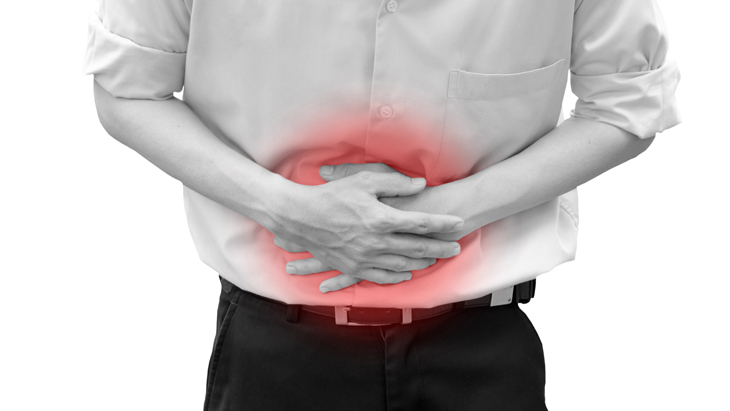Symptoms of Helicobacter Pylori, what can we do?
Knowing the symptoms of Helicobacter pylori is important to fight as soon as possible because it is very resistant to drugs and causes many problems.
Definition of Helicobacter Pylori
Helicobacter Pylori is the bacteria responsible for 80% of cases of gastritis and chronic gastric ulcer, and important for the formation of gastric cancer factor.
The Helicobacter Pylori has the virtue of being able to live in an acid medium of the stomach due to its segregation ammonia neutralizes the hydrochloric acid produced by the stomach.

Causes or etiology of Helicobacter pylori infection
Infection by this bacterium can be for various reasons:
- Boca-lee, i.e. not washing hands after defecating. Well stool of our own body or other people who can be caring. It is the most common cause of infection
- Through the water that could be contaminated and infect at once.
- Contact with animals is also usually a way to transmit the infection.
Clinical manifestations in Helicobacter Pylori infection
Helicobacter Pylori symptoms depend on whether originated gastritis or peptic ulcer.
Symptoms of Helicobacter Pylori if it has caused a peptic ulcer are:
- Pain or uncomfortable feeling in the abdomen appearance after food intake, approximately 30 to 60 minutes later.
- Pain night appearance when the stomach is empty.
- Dull pain that radiates.
- Long-lasting pain.
- Pain when pressing on the abdomen.
- Weightloss.
- Loss of appetite.
- Bloating.
- Belching.
- Nausea or vomiting, but rare, pain can be caused by heartburn or heartburn that goes up into the esophagus.
In a gastritis Helicobacter Pylori symptoms are generally:
- Abdominal pain.
- Bad taste.
- bloating after ingestion of food or drink.
What allopathic treatments are usually recommended?
Generally, for Helicobacter Pylori in allopathic antibiotics and gastric secretion inhibitors are prescribed. Avoid taking aspirin for its acid component and its ability to increase bleeding.
You may also like to read another article on MenHealthCare: 4 tips on how to detoxify the body
Orthomolecular therapy
Vitamin C with bioflavonoids delayed action increase the blood and reduces the extent of ulcers.
Phytotherapy in cases of Helicobacter Pylori
- Propolis and garlic: As anti – infectives supplements.
- Marshmallow root: Soothes mucous membranes.
- Chamomile: Anti – inflammatory action.
- Harpagofito: Relieves pain. Ideal in case of gastritis but best not to if there gastroduodenal ulcer.
- Mint: Improves digestion.
- Licorice root: Antiulcer action.
- Ginger: Its antibacterial power is very effective in eliminating Helicobacter pylori decreases while the excess gastric acid causing ulcers.
- Grapefruit seed extract: Is a potent antibacterial against gram – positive and gram – negative bacteria.
Nutrition or diet for Helicobacter Pylori
We should avoid consuming large amounts of food. Should eat little but often and very smooth as cream of zucchini, vegetable soups, semolina, rice, chicken and grilled fish, and sweeten with honey.
Avoid coffee, sweetened and aerated beverages, red meat, white beans and flatulent food.
Chewing food thoroughly and eat slowly.
Foot reflexology
Sessions should be treated where the points corresponding to (especially the stomach and duodenum) digestive system, nervous system and lymphatic system.



